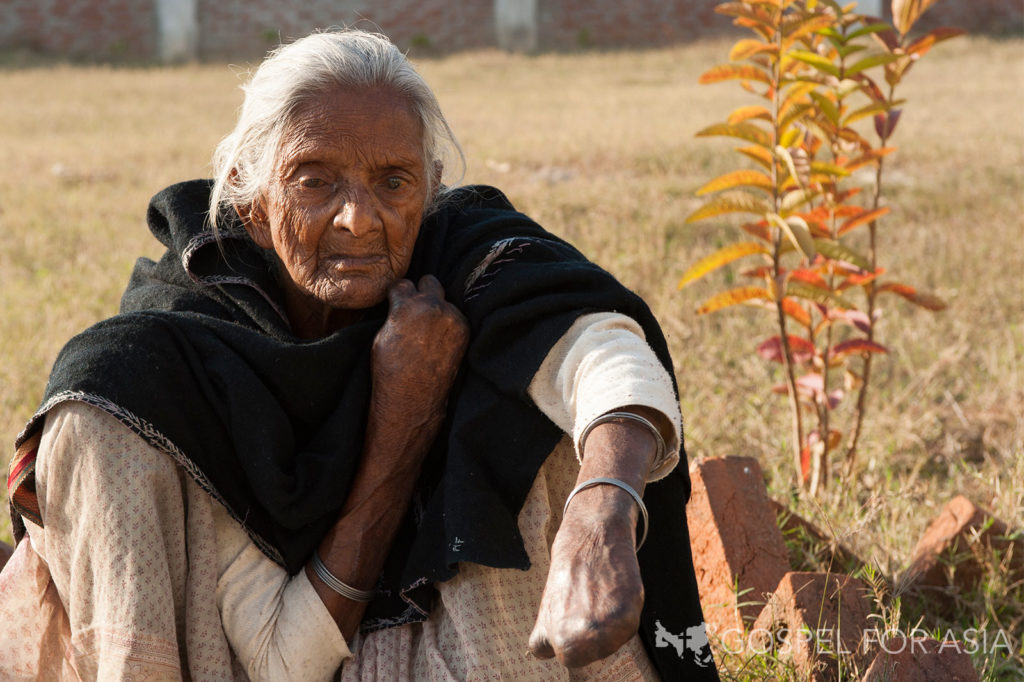WILLS POINT, TX – Local, state, and federal governments have mandated the practice of social distancing in hopes of restricting the spread of the deadly coronavirus (COVID-19). Businesses and churches have temporarily closed. Sporting events and concerts have been canceled. We are still getting accustomed to social distancing. It’s not our habit to stay six feet apart from others or refrain from normal gestures like handshakes. Many of us have now been told to isolate ourselves at home. For some, the first few days may seem like a vacation. For others, it may be an inconvenience. The longer the mandate to isolate remains in force, the more likely we are to feel frustrated, lonely, bored and even abandoned. If we begin to experience those feelings, it might be appropriate to remind ourselves of the continual emotional stress and genuine heartbreak experienced by tens of thousands of people who have been isolated and abandoned in leprosy colonies around the world.
Not only do they bear the scars of a disease that makes daily life extremely challenging, but they also face the indignity of being rejected and alone for the rest of their lives.
Lord willing, our period of isolation will pass. Not so for the residents of leprosy colonies.
Leprosy is a curable disease, and the devastating physical effects can be avoided if a patient is treated in the early stages. Still, thousands of cases are identified too late. Hence, the scourge of isolation continues, and loving touches or compassionate hugs become no more than faded memories drifting farther into the past with the dawning of each new day.
Gospel for Asia (GFA)-supported workers in Asia established a ministry to leprosy colonies in 2007, ironically just two years after health officials declared the subcontinent virtually leprosy-free and no longer a public health concern.
At that point in 2005, official leprosy programs were merged into more wide-ranging national public health programs. One official declared, “That spelled the doomsday for leprosy progress.” Lacking adequate attention from healthcare officials, the number of leprosy cases began to increase.
When faith-based organization Gospel for Asia (GFA World) realized the miserable conditions of the growing number of people confined to leprosy colonies, its supported workers instituted a ministry to serve leprosy patients isolated in those colonies.
Thanks to the faithful support of its loyal supporters over the past 13 years, Gospel for Asia (GFA)-supported workers now minister regularly in about 40 of those communities, providing clean water, sanitation, healthcare and companionship. Recently, members of a Gospel for Asia (GFA)-supported church in Asia celebrated World Leprosy Day by dedicating a bore well and a sanitation facility in a leprosy community.
So, when we are tempted to complain about our temporary isolation, let us remember the people in Asia who have been isolated because of leprosy. Instead of thinking about what you are missing, think about what you have. Then consider what you can give to help the thousands of leprosy patients who are experiencing great need.
For more in-depth information about leprosy and the lives of those living with the disease, read GFA’s special reports, “Leprosy: Misunderstandings and Stigma Keep it Alive” from 2019, and the most recent, published in January 2020, “Progress in the Fight Against Leprosy.”
To read more news on Leprosy on Missions Box, go here.
Sources:
- GFA Special Report, Progress in the Fight Against Leprosy
- GFA, Pray for GFA’s Leprosy Ministry: bringing love and life to people suffering with leprosy
- World Health Organization, Message for World Leprosy Day 2020
- World Health Organization, Leprosy Fact Sheet
- Public Radio International, Leprosy in India is back, but it never really went away
Image Source:
- Gospel for Asia, Photo of the Day





